Russia is suffering from Ukraine’s cluster munitions, Russian colonel reveals
- By Stavros Atlamazoglou
Share This Article
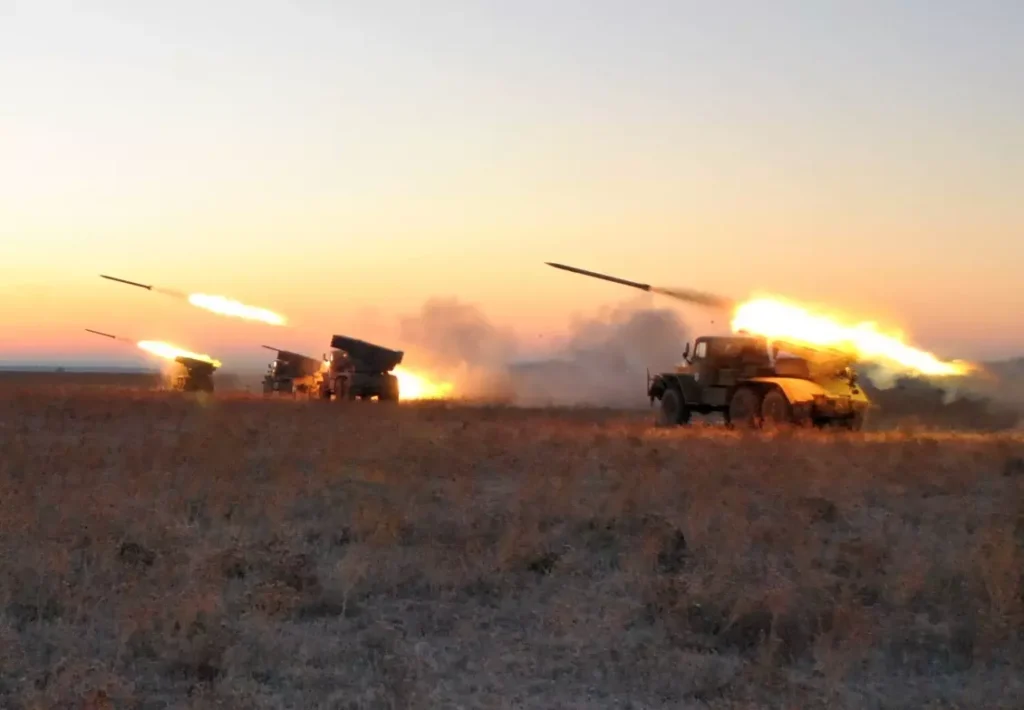
In July, Ukraine received cluster munitions from the United States after months of requests and lobbying.
A dangerous weapon for civilians but extremely effective against concentrations of enemy infantry and weapon systems, cluster munitions have started making a difference on the Ukrainian battlefield.
The Ukrainian Ministry of Defense has released a number of videos that show the devastating effectiveness of artillery strikes with cluster munitions against retreating Russian forces. But the best proof of how effective cluster munitions are against the invading Russian forces comes from the words of a senior Russian officer.
Moscow, we have a problem
Klishchiivka, Ukrainian forces tracked and then ambushed a Russian armored assault with a massive quantity of drone-spotted HE and DPICM cluster munition artillery fire. pic.twitter.com/IjgOAHbST0
— OSINTtechnical (@Osinttechnical) August 21, 2023
According to the Russian Army Colonel Shuvalov, the Russian forces are truly suffering from the Ukrainian cluster munitions. In a post on the popular social media application Telegram, the Russian senior officer sounded the alarm.
Shuvalov spelled out the extensive efforts the Kremlin made to keep cluster munitions out of Ukrainian hands. At different points during the conflict, Moscow used several different arguments, including that it wouldn’t use such munitions, that it would attack NATO and other European countries if Ukraine was given cluster munitions, that such weaponry is banned by many European nations, and that it would deploy cluster munitions on the battlefield (thus contradicting its previous statement) if Kyiv used them. The Russian military even bragged about its extensive stocks of cluster munitions, claiming “whole landfills of them, not just stockpiles.”
“Yes, we have many. You can search for photos. For the most part, it’s an illiquid asset killed by time, the rest – is morally and technically obsolete. And things are not very good with carriers [(artillery pieces)] either,” Shuvalov revealed in his post.
Related: Ukraine’s counteroffensive is picking up steam
When a wound equals death
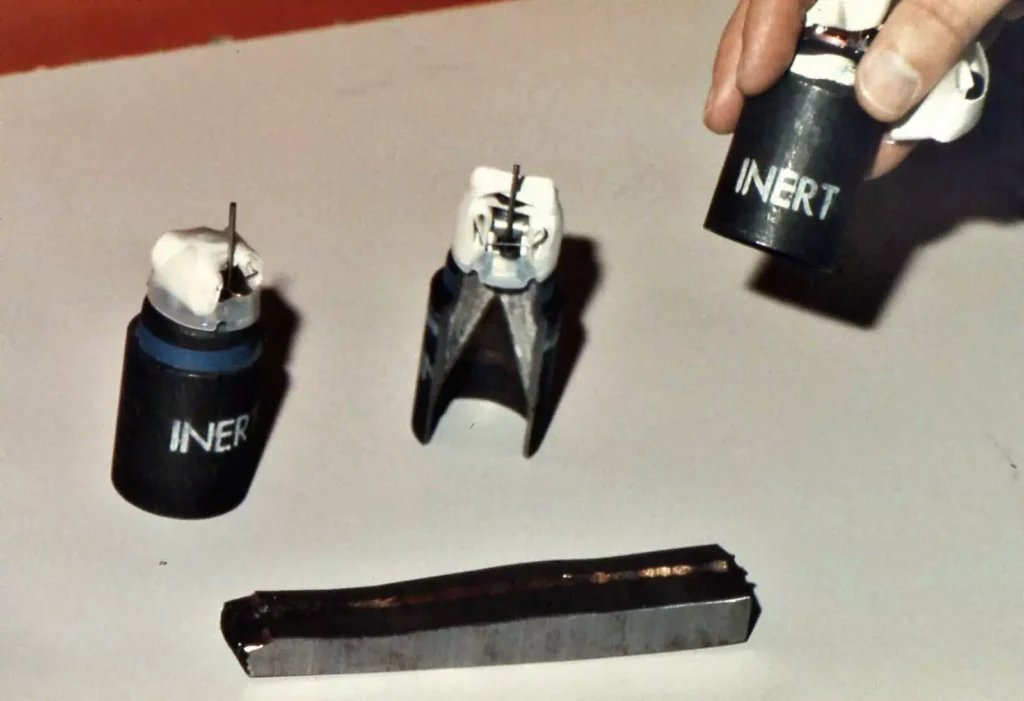
According to Shuvalov, it looks as if that only a few Russian soldiers who are wounded by cluster munition volleys manage to survive. The Russian military has an obsolete medical system that is completely inadequate for modern-day warfare. Russian troops on the frontlines use World War II-era rubber bands as tourniquets, while their Ukrainian adversaries can rely on modern Western combat first aid kits that can make the difference when it counts.
“In the context of problems with medicine, wounds from cluster munitions often result in death, and this is a very painful and terrible death,” the Russian colonel revealed.
The Russian medical system is inadequate to deal with the extensive losses Moscow is taking on the ground. The Russian forces lose between 400 to 600 men killed, wounded, or captured every day; most military-medical systems would collapse at that sustained rate of losses over almost 19 months.
Shuvalov also verified that the Ukrainians have adjusted their tactics to increase the effectiveness of cluster munitions.
“The enemy has learned (yes, imagine, they are also learning!) to cut off the path of reinforcements or withdrawal of forces with artillery, and trenches do not save from cluster munitions. You can’t save yourself with a bandage or a tourniquet, after being hit with cluster munitions you need solid medical care, if you managed to survive,” Shuvalov wrote.
Related: How US Special Forces took on Wagner Group mercenaries in an intense 4-hour battle
“The army needs a solution. The cluster situation is terrible, and worst of all, we try to silence the problem when we need a solution. And this is already beyond the capabilities of individual generals and commanders. We made threats with words, now let’s get down to business,” the Russian colonel concluded in his message.
It is looking increasingly more likely that Russian President Vladimir Putin will have to resort to another mobilization. The Russian forces are suffering devastating casualties on the ground. In its latest estimates, the Ukrainian Ministry of Defense claims close to 260,000 Russian casualties (killed, wounded, and captured). Interestingly, U.S. officials and Western intelligence agencies not only corroborate that number to a large extent, but they are also even claiming higher Russian losses – 120,000 Russian troops killed in action, and 180,000 wounded for a total of 300,000 casualties.
Last September, Putin called up 300,000 reservists in a partial mobilization while also greenlighting the infamous Wagner Group private military company to recruit tens of thousands of prisoners from Russia’s vast penal colonies. Now, with most of the reservists dead or wounded and without the Wanger mercenaries, Putin needs to find a solution, but another mobilization risks making Putin more unpopular with the ordinary folk.
Read more from Sandboxx News
- How to get through Special Forces selection? Don’t be the ‘Grey Man’
- Iran claims to detect F-35s over the Persian Gulf. Here’s why it could be true
- SDV: The secret weapon of the Navy SEAL Teams
- The Army’s IVAS super-goggle prototypes have arrived but can they live up to the hype?\
- 7 weird and rare military jobs that you won’t believe exist
Related Posts
Sandboxx News Merch
-

‘AirPower’ Classic Hoodie
$46.00 – $48.00 Select options This product has multiple variants. The options may be chosen on the product page -

‘Sandboxx News’ Trucker Cap
$27.00 Select options This product has multiple variants. The options may be chosen on the product page -
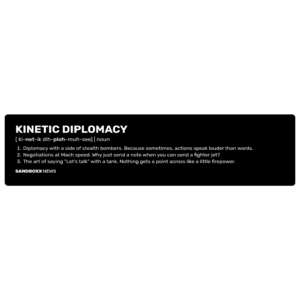
‘Kinetic Diplomacy’ Bumper Sticker (Black)
$8.00 Add to cart
Stavros Atlamazoglou
Greek Army veteran (National service with 575th Marines Battalion and Army HQ). Johns Hopkins University. You will usually find him on the top of a mountain admiring the view and wondering how he got there.
Related to: Ukraine
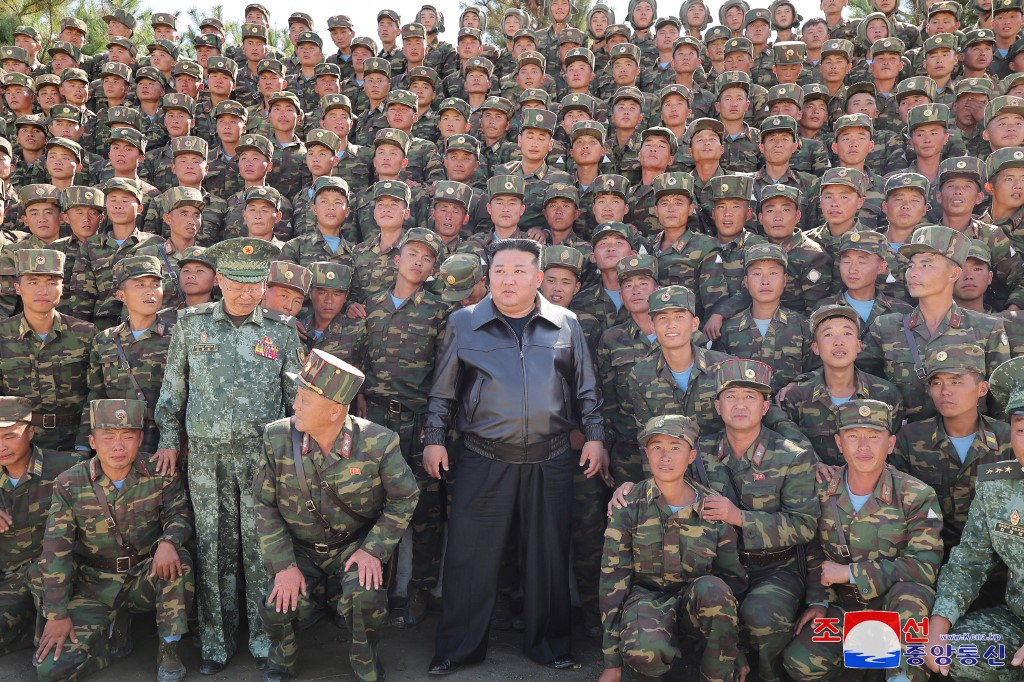
North Korean troops in Ukraine seem stuck in the Cold War, evidence suggests
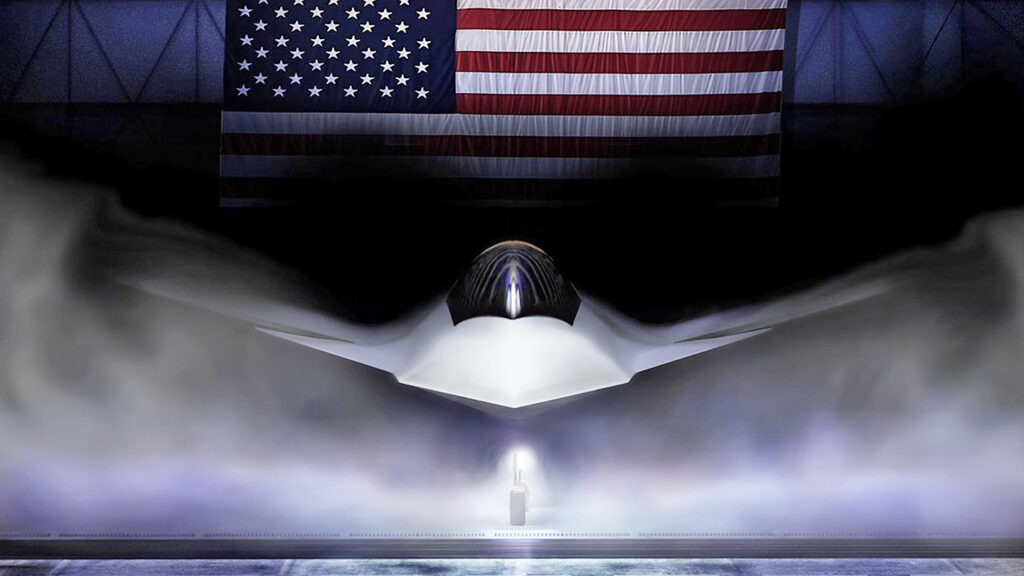
Boeing has managed to win the contract for America’s NGAD fighter
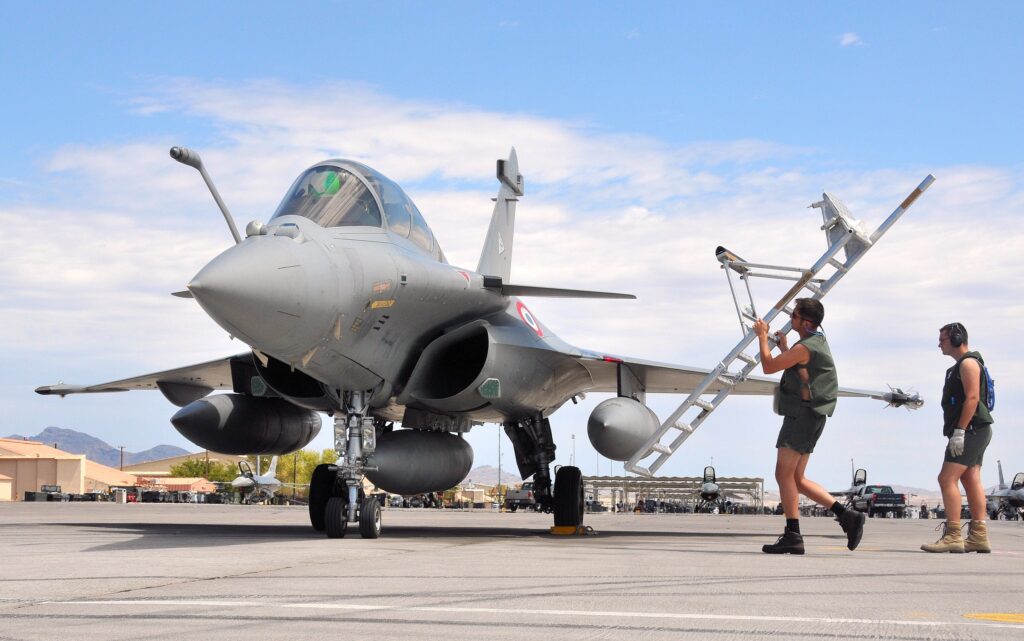
Could France undertake the role of Europe’s nuclear protector? Potentially
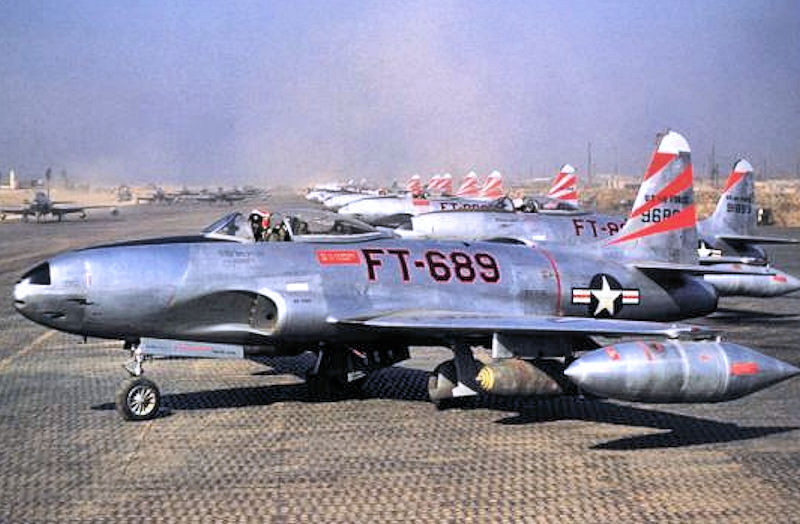
What are the differences between the six generations of fighter aircraft?
Sandboxx News
-

‘Sandboxx News’ Trucker Cap
$27.00 Select options This product has multiple variants. The options may be chosen on the product page -

‘AirPower’ Classic Hoodie
$46.00 – $48.00 Select options This product has multiple variants. The options may be chosen on the product page -

‘AirPower’ Golf Rope Hat
$31.00 Select options This product has multiple variants. The options may be chosen on the product page -

‘Sandboxx News’ Dad Hat
$27.00 Select options This product has multiple variants. The options may be chosen on the product page
